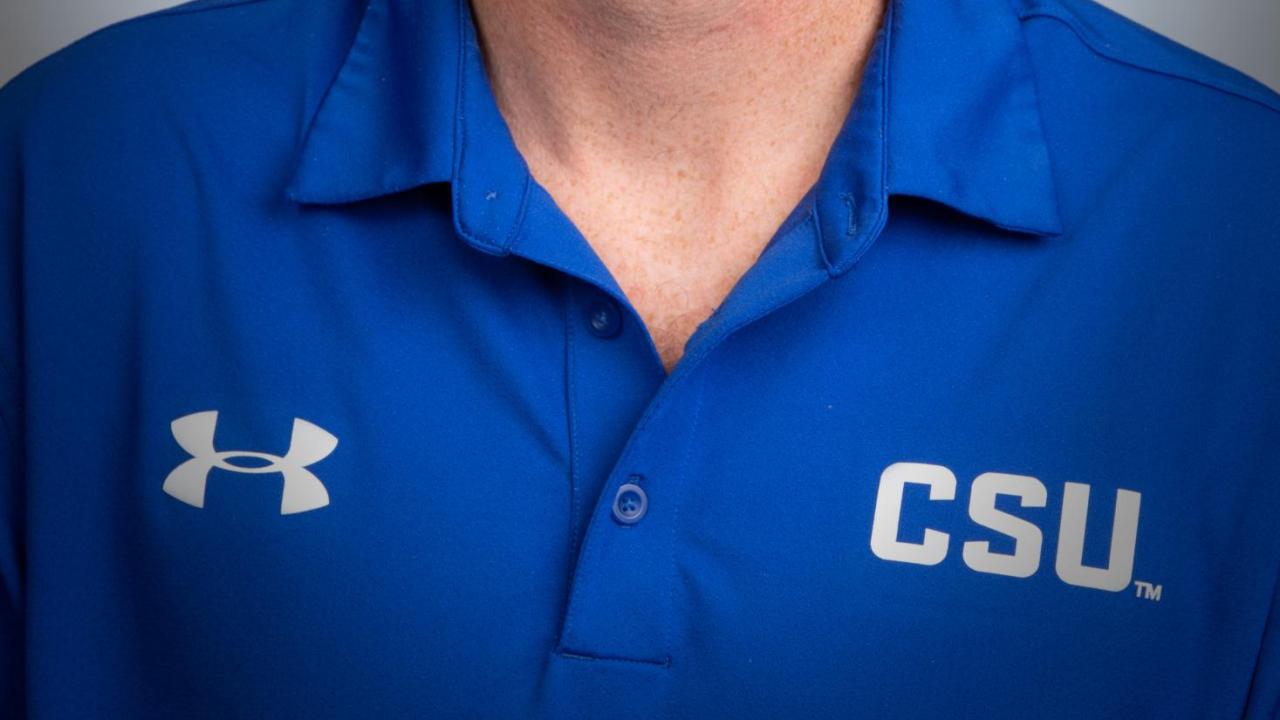
Event Date
A recording of this presentation is available to UC Davis affiliates at this link.
BRETT FLING, PH.D.
Harry Weaver Neuroscience Scholar, National Multiple Sclerosis Society
Associate Professor, Health and Exercise Science Department; Molecular, Cellular & Integrative Neurosciences Program
Director, Sensorimotor Neuroimaging Laboratory
Colorado State University
Host: Wilsaan Joiner, PhD, wmjoiner@ucdavis.edu
This is an in-person event. Please register here: https://tinyurl.com/Neuroeng-Nov23
Registration for remote attendance is limited to colleagues from the Sacramento campus and those working remotely: https://tinyurl.com/NeuroengNov23
Abstract
Multiple sclerosis (MS) is the most common neurodegenerative disease affecting young adults, with the average onset occurring at 31 years of age. The majority of people with MS experience significant gait asymmetries, or spatiotemporal differences between the left and right legs during walking, leading to an increased risk of falls and musculoskeletal injury. Split-belt treadmill training, where the speed of each leg is controlled independently, alters each leg’s spatial and temporal stepping pattern, and improves gait symmetry. To date, there remains a limited understanding regarding the neural mechanisms that underlie these gait adaptations during split-belt treadmill training and how they can be leveraged for inducing long-term improvements in mobility for those with impairments. In this talk, I will detail our on-going work probing the neural underpinnings that predict walking adaptation, and the neuroplastic changes that accompany walking adaptation, both during and following split-belt treadmill training. Finally, I will discuss our work coupling split-belt treadmill training with chronic and phase specific sensory cueing to translate walking improvements into real-world settings.
Bio
A Colorado native, Dr. Fling received his Master’s degree from the University of Massachusetts and his Ph.D. from the University of Michigan with an emphasis in Kinesiology and Neuroscience. Dr. Fling completed postdoctoral fellowships at the University of California – Irvine and the Oregon Health & Science University (OHSU) prior to joining the Neurology faculty at OHSU in Portland, OR. Dr. Fling is currently an Associate Professor in the Department of Health and Exercise Science (HES) at Colorado State University where he serves as the Director of the HES Graduate Program and the Sensorimotor Neuroimaging Laboratory (SNL). Research within the SNL is designed to understand the contributions of the brain’s structural and functional neural networks to everyday movements. They also leverage this understanding of the nervous system to develop new therapeutic interventions for individuals with sensorimotor dysfunction. Through the use of novel motor training interventions, paired with cutting-edge brain imaging, the SNL is developing methods that predict movement intervention responsiveness and promote neural plasticity. The SNL has an overarching focus on developing and refining movement rehabilitation programs for those with neurologic disease or injury such as multiple sclerosis, Parkinson’s disease, and traumatic brain injury. Dr. Fling is currently supported by the National Multiple Sclerosis Society as a Harry Weaver Neuroscience Scholar and his research is also funded through the National Institutes of Health, the Michael J. Fox Foundation, and the Edith C. Blum Foundation.
